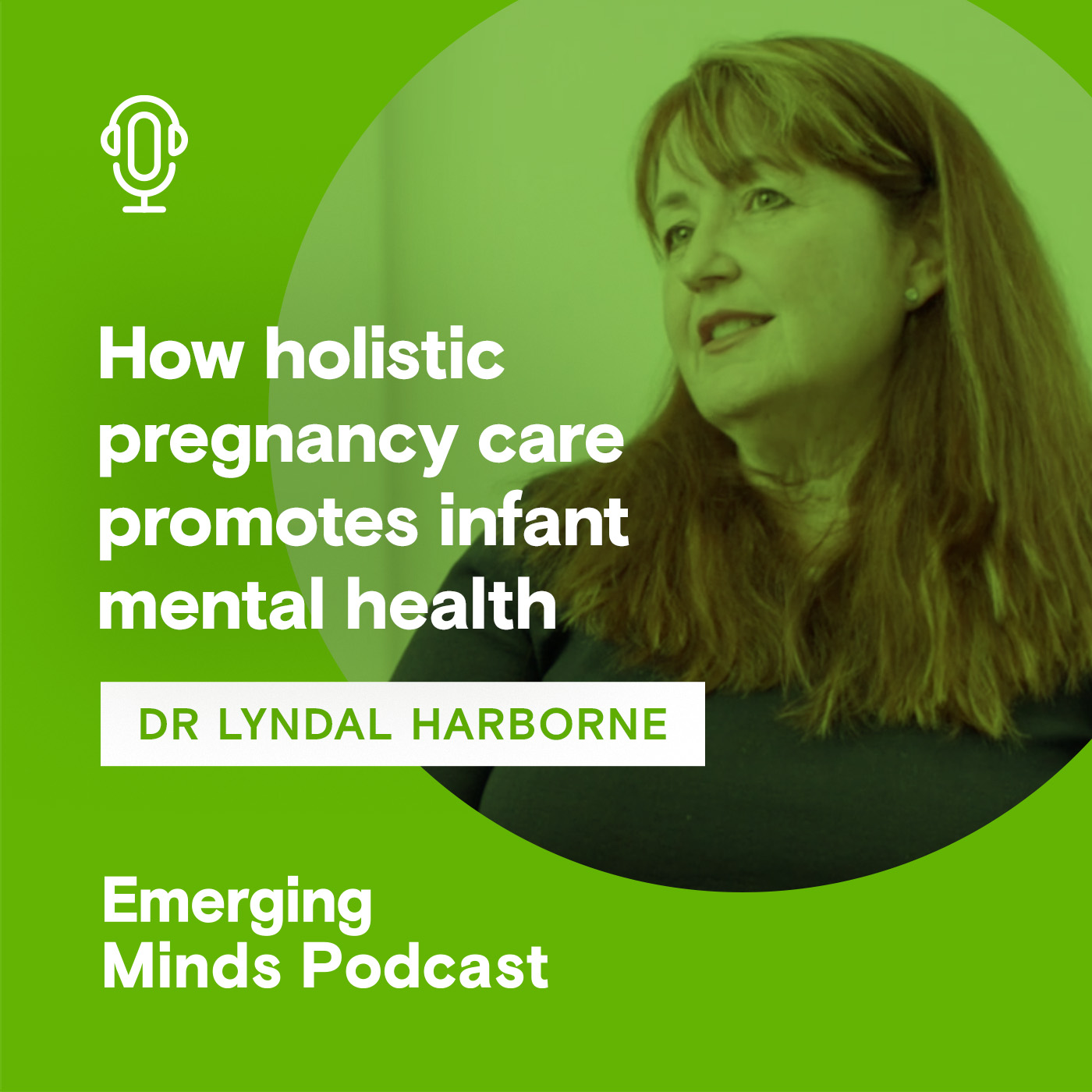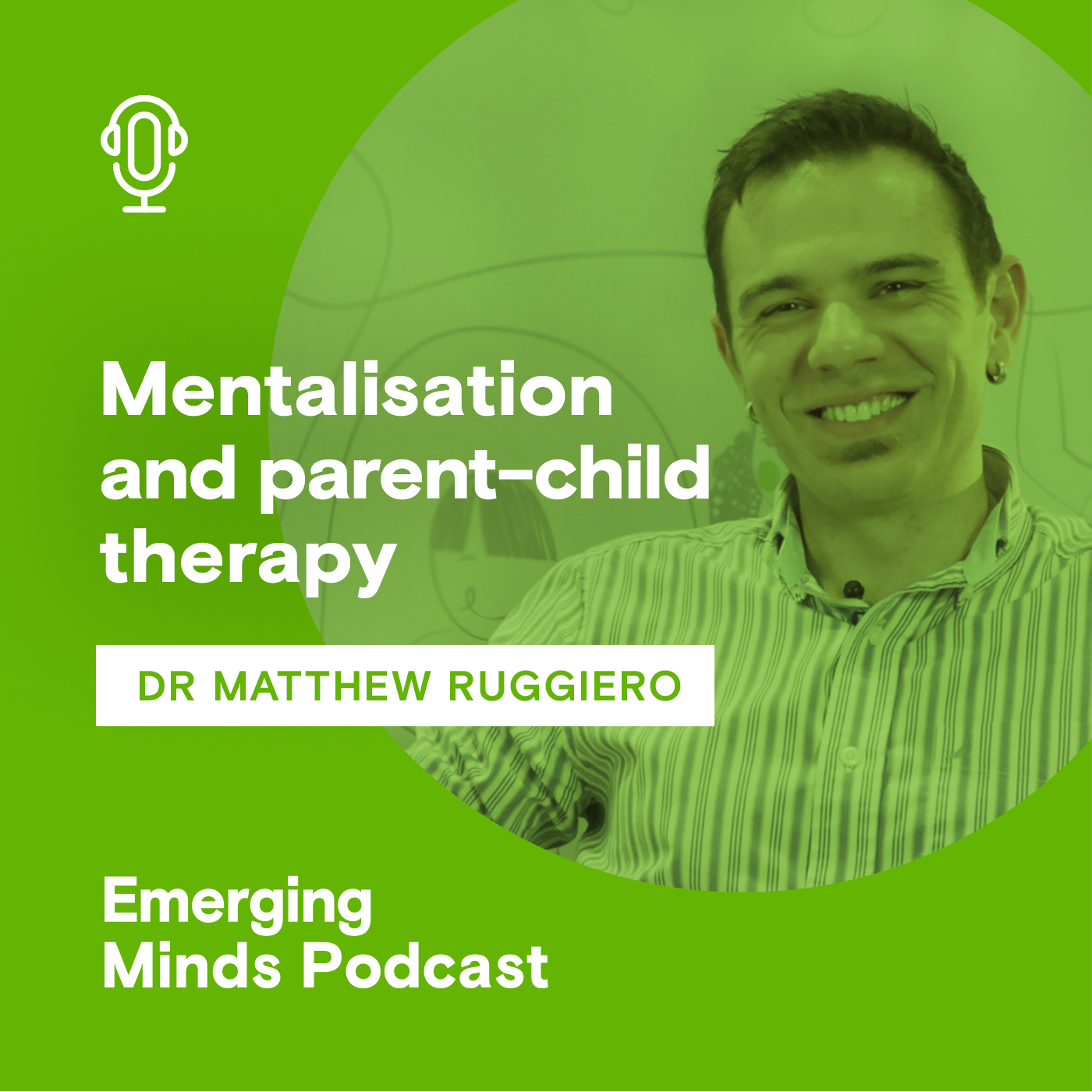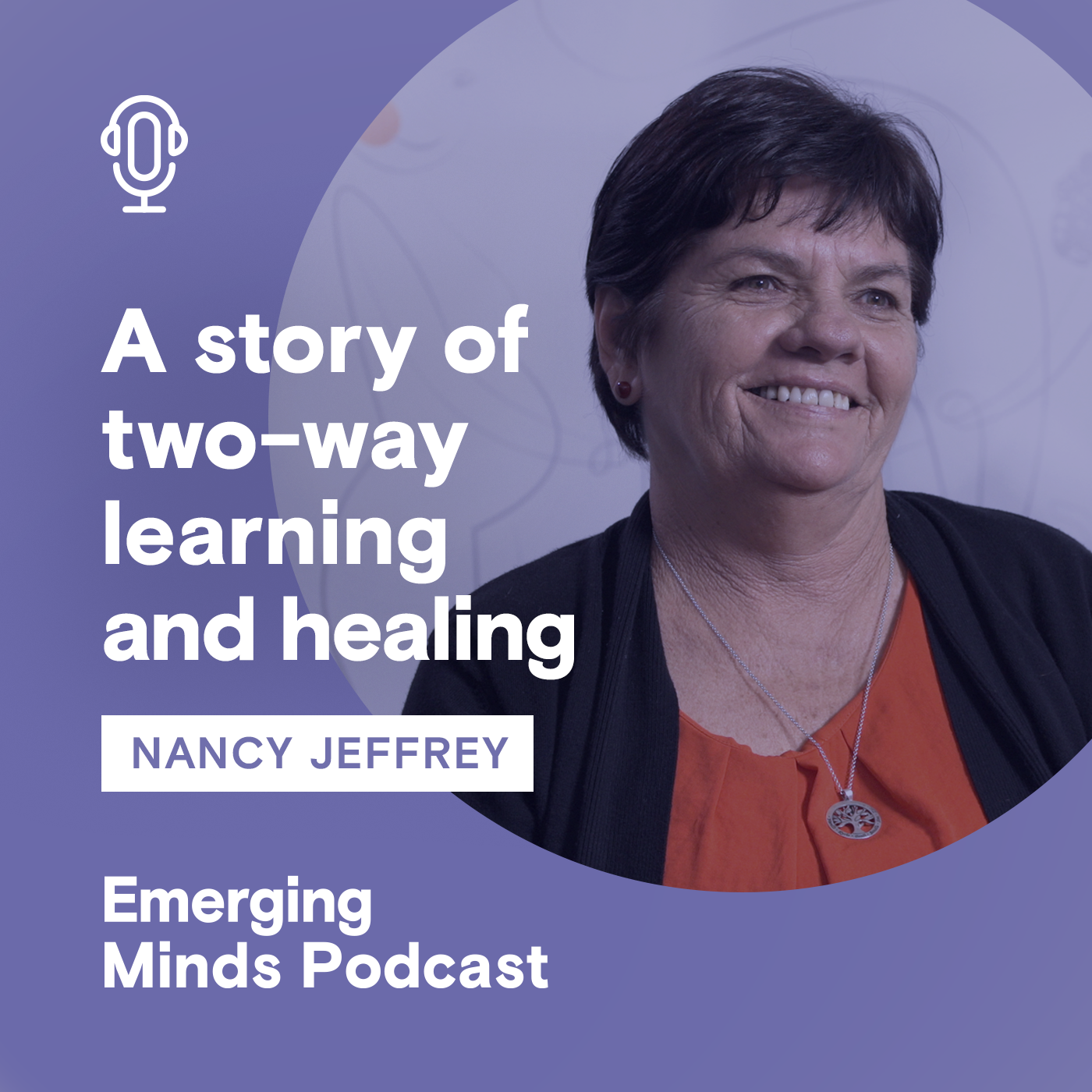Episode Transcript
[00:21:56] Speaker A: You when people are more aware of those internal issues and the internal kind of factors and stuff, I think that creates or that enables a community, a society that is more of understanding, more accepting of people who stutter. And hopefully with all that, then they are able to understand that when you engage with the person who has a stutter, all you really have to do is provide the space and time for them to say the words that they want to say. And just solely by doing that, you can really change the trajectory of a person's day. That is the positive impact that can happen for a person who stutters when they're just provided that time to say what they want to say.
[00:22:47] Speaker B: Welcome to the Emerging Minds podcast.
[00:22:53] Speaker C: Hi, you're with Nicole Rollbush. On today's episode, I'm joined by Rich Stevens and Mitchell. Rich is the president of the Stuttering association for the Young Australia, more commonly referred to as, say, Australia. While Mitchell has been involved with, say, Australia for the last four years, first as a participant and now as a mentor to other children and young people, both Rich and Mitchell have a stutter, and they're here today to talk about what it's like growing up with a stutter, how it can impact children's mental health, and what people can do to best support children who have a stutter. It's great to have you both here. Rich, could you start by telling us a little bit about what, say, Australia provides to children?
[00:23:36] Speaker D: Yeah. We help and support the kids and teens who stutter from the ages of seven up to 18 years old. And what we do is we provide a space where they can be their true, authentic selves, where we celebrate their voices, we celebrate their stutter. We provide this accepting space, this community almost, where it's a safe space, where there's acceptance, where there's empathy, a lot of love, and a lot of support and a lot of listening as well. A lot of listening, where we invite these kids to share their stories, to share their voices, to share themselves in a space where we have a lot of fun as well. But the essence of it as well, a big part of what we do, is we provide the unique opportunity for young and kind of people who stutter to meet other young people who stutter. Because for a lot of young people who stutter, they can go throughout their childhood without ever meeting anyone who has a stutter. So to come into a space where they meet the kids and teens who they sound like them, they are just like them in this space where the only ask that we ask of anyone in our space is to be themselves within that space we provide.
So there's three arms to the programming that we offer. We offer the social hangs that are in person here in Melbourne, and they are online as well, in the zoom of sphere. So we offer all that free. We offer a camp, a summer camp as well. And then a big part of what we do is we offer our confident voices program, which is 100% free. And that is our creative arts or performing arts and kind of program where we invite the young people into our space to create.
To work together in small groups, and to create these original and kind of pieces, and be that songwriting, be that playwriting, be that spoken word. We use the arts as a vessel, really, as a tool for them to kind of share their voice, for them to be able to express themselves however way they want, and to also introduce the arts to them. Where in the past, they might not have ever been invited into the arts and stuff, or they thought, the arts is not for me, because I'm a person who has a stutter. Am I going to be picked? Am I going to be able to get up on stage and have the time and the space that I need to say those lines or stuff? So what we do is we use the arts as that tool. But the arts is really the wallpaper of the room, if that makes sense. So in the middle of the room, it's the connectivity and stuff, it's the friendships. It's the safe space where they're seen, where they're heard, and where they're loved for their true, authentic selves. So, even though we are Melbourne based, we operate on a national.
On a level as well. And we've been connecting with kids who stutter, I think, for four years now.
[00:26:52] Speaker B: Yeah, I don't know a lot about stuttering. So I'm really curious to learn a bit more about the experience. How common is it, and how does it usually present in kids?
[00:27:05] Speaker A: So it's really kind of common, really, with kind of young and kind of people of the early school age. From the research that is done on a global scale, you tend to see the same kind of numbers across the world, really. So the range of the percentage of kids, I'd probably say, of the early school age, can range anywhere from nine to 11% school age children in those early years, across the globe, adults, we're looking at 1% of the population, which is a lot, which is a lot of people. And that is something that, as people who stutter for the kids and children, and probably a lot of adults and probably a lot of people in general don't realize how common it is across the world, really. So that is within that age range of the children who have dysfluency in those early years.
The research has shown that probably a third of those children will go on to have a stutter for the rest of lives. Like me, I'm a person who stutters and stuff, and I continue to stutter throughout my childhood and throughout my adulthood. So it's very common and what you would tend to see. So it's kind of like if you think about having a stutter as an iceberg, all we see is the tip of the iceberg. And if you relate that to having a stutter, what you see would be the repetitions, which could be on a word or on a syllable. You could see a prolongation. So a prolongation of a sound.


